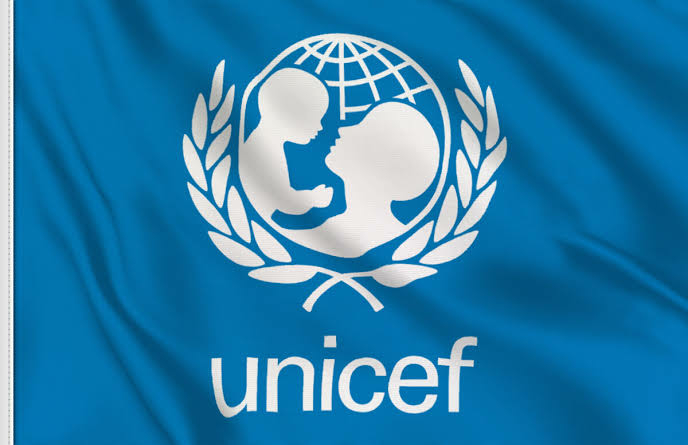The United Nations Children’s Fund (UNICEF), on Monday said there was a decline in the allocation of funds to education as a proportion of the total state budget in Niger.
Mr Michael Banda, Senior Education Manager, UNICEF Field Office Kano and Girl Education Project (GEP3), disclosed this at a three-day media dialogue on Girls’ education.
Reports have it that the dialogue is to sensitise the media to the importance of girls education and ignite the function of a media colliation for girls education for sustained media advocacy on education.
Our correspondent also reports that the GEP3 project is being implemented in Bauchi, Kano, Kastina, Niger, Sokoto and Zamfara states with the assistance of the Foreign, Commonwealth and Development Office (FCDO) of the UK.
Banda explained that the total budget for the state from 2017 to 2021 to education was increasing, but the funds released to the sector was declining.
In his presentation on Niger State Ministry of Education Budget Performance, Mr Francis Elisha, Education Officer, UNICEF Field Office Kaduna, disclosed that in 2017, N5 billion was allocated to education and only N1.7 billion was released, representing 35 per cent.
He said in 2018, about N5.4 billion was allocated and only N439 million was released and in 2019, about N3.1 billion was allocated and only about N199.8 million was released.
Elisha added that in 2020, about N426 million was allocated to the sector and only about N55.4 million was released while in 2021, N4 billion was allocated with only about N591.5 million released.
According to him, the total budget released in 2017 was 35 per cent, while in 2018 was 0.8 per cent and that of 2019 was 0.6 per cent and in 2020 was 0.13 per cent and that of 2021 was 0.15 per cent.
He said that there was need for Niger State Government to do more in allocation and release of funds to the educational sector, adding that the GEP3 project had helped in reducing low girls enrollment, retention, completion and transition at basic educational level.
Elisha disclosed that the annual school census of 2020/2021, showed that the gender parity index for Niger improved from 0.65 in 2012 to 0.79 in 2021, adding that the project made impact as more girls were enrolled in school.

















Discussion about this post